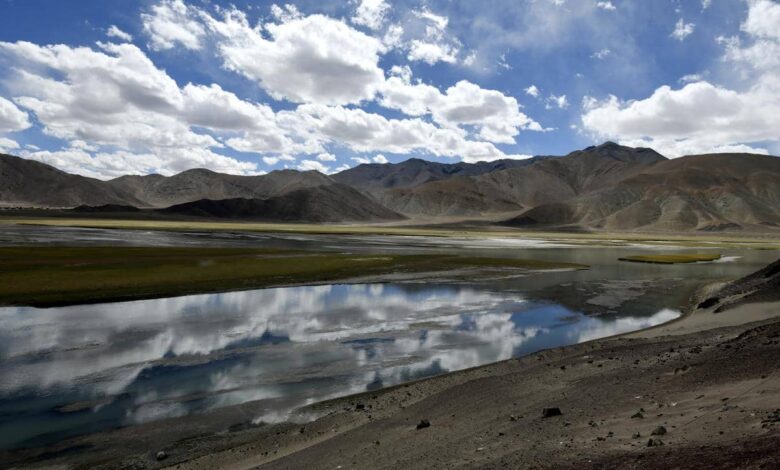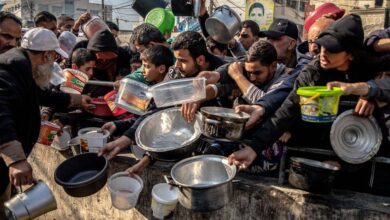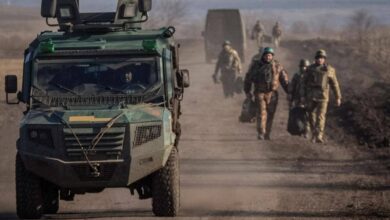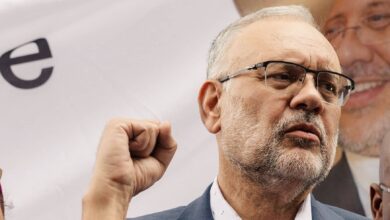
A neutral expert appointed by the World Bank has endorsed India’s request to resolve disputes related to the Kishenganga and Ratle hydropower projects under the Indus Waters Treaty (IWT). Michel Lino, the appointed expert, asserted his competence to address the differences between India and Pakistan concerning the design of these hydropower plants.
In a statement, the Indian Ministry of External Affairs reiterated its position, emphasizing that only the Neutral Expert possesses the authority under the Treaty to adjudicate these issues. The Ministry highlighted that the decision affirms India’s stance on the seven questions referred to Lino, which fall within his jurisdiction according to the IWT. Pakistan has yet to respond to this development.
In September of last year, India notified Pakistan of its intent to seek a “review and modification” of the IWT. This notice referenced Article XII (3) of the Treaty, which allows for modifications to be made through a duly ratified treaty between the two nations.
Lino was appointed as the neutral expert in October 2022, after the disagreements between New Delhi and Islamabad over the 1960 Indus Waters Treaty escalated. The IWT provides a mechanism for resolving disputes, starting with the Permanent Indus Commission (PIC). If not resolved at that level, matters are escalated to the Neutral Expert, and if still not resolved, to a Court of Arbitration.
Initially, both countries agreed to the appointment of a neutral expert. However, in 2016, Pakistan sought the establishment of a Court of Arbitration. The World Bank cautioned against simultaneously pursuing both avenues, as it could lead to contradictory outcomes. Nevertheless, in 2022, it facilitated the appointment of both a neutral expert and a chairman for the Court of Arbitration.
The IWT has been in charge of the allocation and management of the Indus River System since it was signed by India and Pakistan in 1960 with mediation by the World Bank. The Treaty assigns the eastern rivers, namely Ravi, Beas, and Sutlej, to India, while the western rivers-Indus, Jhelum, and Chenab-fall in the lot of Pakistan. India is allowed free use of the eastern rivers and limited use of the western rivers for irrigation and hydropower, provided it does not affect the flow significantly.
Recent reports suggest that India has invoked “fundamental and unforeseen changes in circumstances” to justify changes in the IWT. The concerns that have been raised include demographic changes, environmental issues, the need for the development of clean energy to meet the targets on emission, and the continuous impact of cross-border terrorism.
The construction of the Kishenganga and Ratle hydropower projects in Jammu and Kashmir has long been a contentious issue between the two nations, further complicating the dialogue surrounding the IWT.



